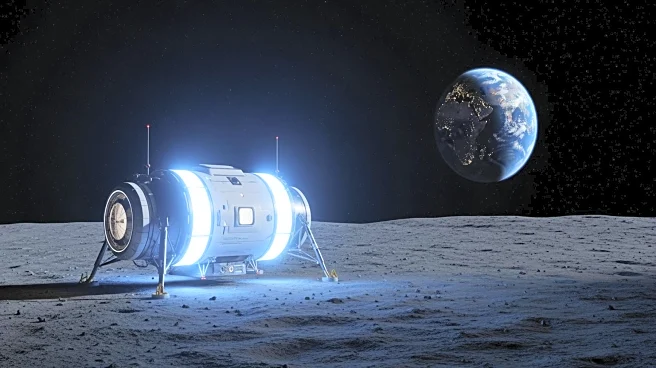What is the story about?
What's Happening?
The Department of Labor, along with the Departments of Commerce and Education, has unveiled 'America's Talent Strategy,' aimed at preparing workers for an AI-driven economy. A key component missing from this strategy is the Work Opportunity Tax Credit (WOTC), which incentivizes employers to hire individuals facing employment barriers. The WOTC, set to expire at the end of the year, provides a tax credit to employers hiring from underserved groups, such as disabled veterans and SNAP recipients. The credit has not been updated since its inception in 1996, despite rising wages and training costs. Bipartisan efforts are underway to modernize and extend the WOTC, which is seen as crucial for addressing the persistent labor shortage in the U.S.
Why It's Important?
The expiration of the WOTC could exacerbate the current labor shortage, affecting sectors like hospitality, retail, and manufacturing. Extending and modernizing the credit would encourage hiring from underserved populations, reduce reliance on government assistance, and stimulate economic growth. The Trump administration's workforce strategy emphasizes apprenticeships and innovation, and the WOTC could accelerate progress towards these goals. Failure to extend the credit would deny opportunities to millions seeking to enter or re-enter the workforce, impacting businesses and local communities.
What's Next?
Congress is urged to extend the WOTC and consider reforms to align it with current economic conditions. The bipartisan Improve and Enhance the Work Opportunity Tax Credit Act seeks to update the credit, ensuring it remains a vital tool in the U.S. labor strategy. The administration and Congress are expected to champion the WOTC as a centerpiece of workforce development, preventing its expiration and supporting employers in finding talent.
















